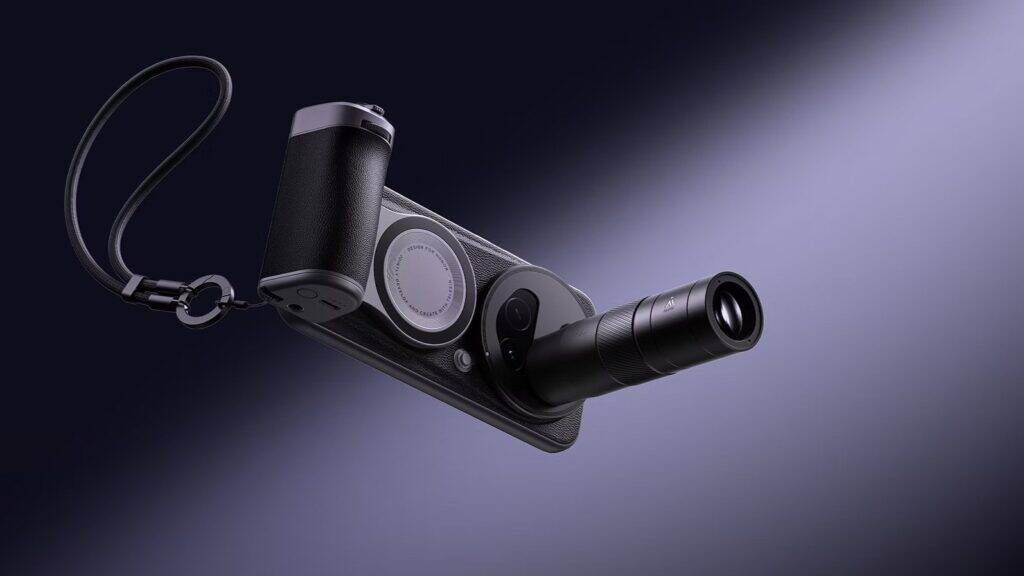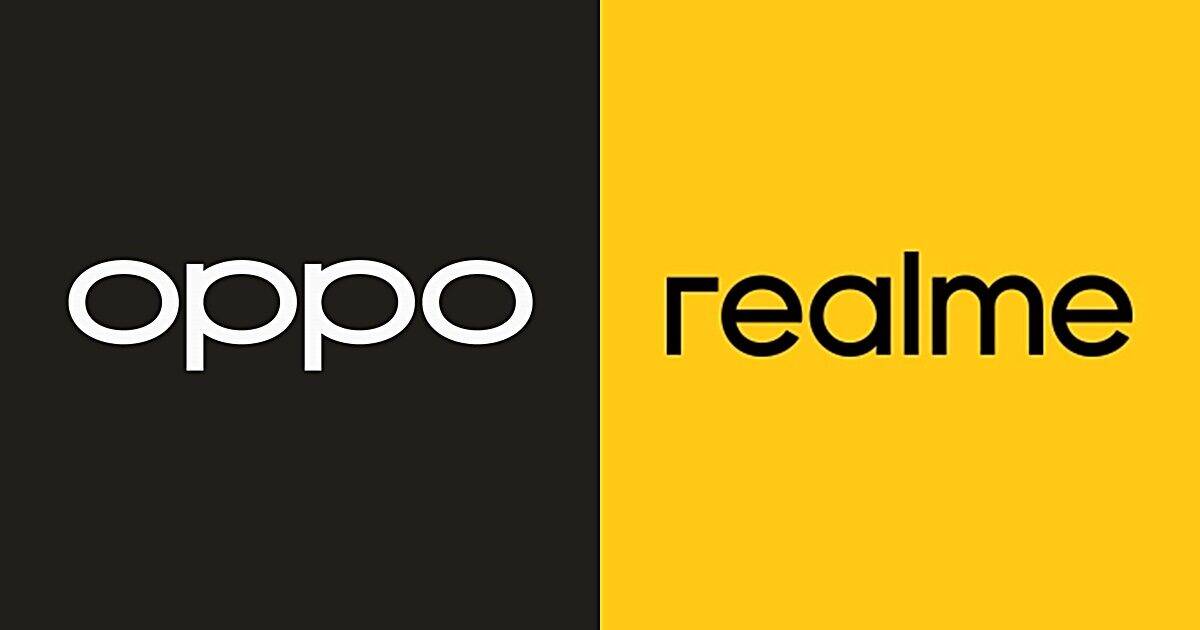NY Times sues OpenAI and Microsoft for copyright infringement

The New York Times has become the first major media outlet to take legal action against artificial intelligence companies, accusing OpenAI and its partner, Microsoft, of copyright infringement by using its content to train AI-powered products such as OpenAI’s ChatGPT.
The New York Times has become the first major media outlet to take legal action against artificial intelligence companies, accusing OpenAI and its partner, Microsoft, of copyright infringement by using its content to train AI-powered products such as OpenAI’s ChatGPT.
In a lawsuit filed in federal district court in Manhattan, the media giant alleges that «millions» of its copyrighted articles were used to train its artificial intelligence technology, allowing it to compete with the New York Times as a content provider. The New York Times said in the lawsuit that it wants to hold both companies liable for «billions of dollars in statutory and actual damages».
The New York Times said in the lawsuit that it wants to hold both companies liable for «billions of dollars in statutory and actual damages.

OpenAI and similar artificial intelligence companies surf the Web looking for content that is used to train their large language models, on which products like the popular chatbot ChatGPT are based. The upcoming high-profile legal battle will be closely watched by many in the media industry, as the court’s rulings could lead to a number of similar lawsuits from other large organizations.
The court’s ruling could lead to a number of similar lawsuits from other large organizations.
The New York Times lawsuit alleges that when a user asks ChatGPT about recent events, the chatbot sometimes responds with verbatim excerpts from the news organization’s articles that would otherwise require a subscription to access. There are also no links to the original article on the New York Times website. The news organization claims that this results in lost revenue because potential customers are unwilling to subscribe, and revenue from visits to the site is also lost.
According to the news organization, the chatbot is also losing revenue.
The lawsuit also says the New York Times reached out to OpenAI and its sponsor Microsoft in the spring in an attempt to resolve the problem, but no agreement could be reached.
In response to the lawsuit, OpenAI said: «We respect the rights of content creators and owners and are committed to working with them to ensure they benefit from AI technologies and new revenue models. Our ongoing discussions with the New York Times have been productive and have progressed constructively, so we are surprised and disappointed by this development. We hope to find a mutually beneficial way to collaborate, as we do with many other publishers».
We hope to find a mutually beneficial way to work together, as we do with many other publishers.
.
This includes a partnership with German media giant Axel Springer, which gives OpenAI paid access to news content. Such deals are expected to become more common as OpenAI and similar companies look for a way to avoid more lawsuits.
Such deals are expected to become more common as OpenAI and similar companies look for a way to avoid more lawsuits.
Earlier this year, a group of well-known authors including George R.R. Martin, John Grisham and Jodi Picoult also sued OpenAI over a similar issue. And it’s not just written content that is being used by AI companies: companies such as Midjourney and Stability AI analyze copyrighted images on the Internet to train text-to-image programs capable of creating «original» content. Artists are also filing lawsuits as well as taking direct action to try to confuse the AI systems analyzing their work. Translated by www.DeepL.com/Translator (free version)








